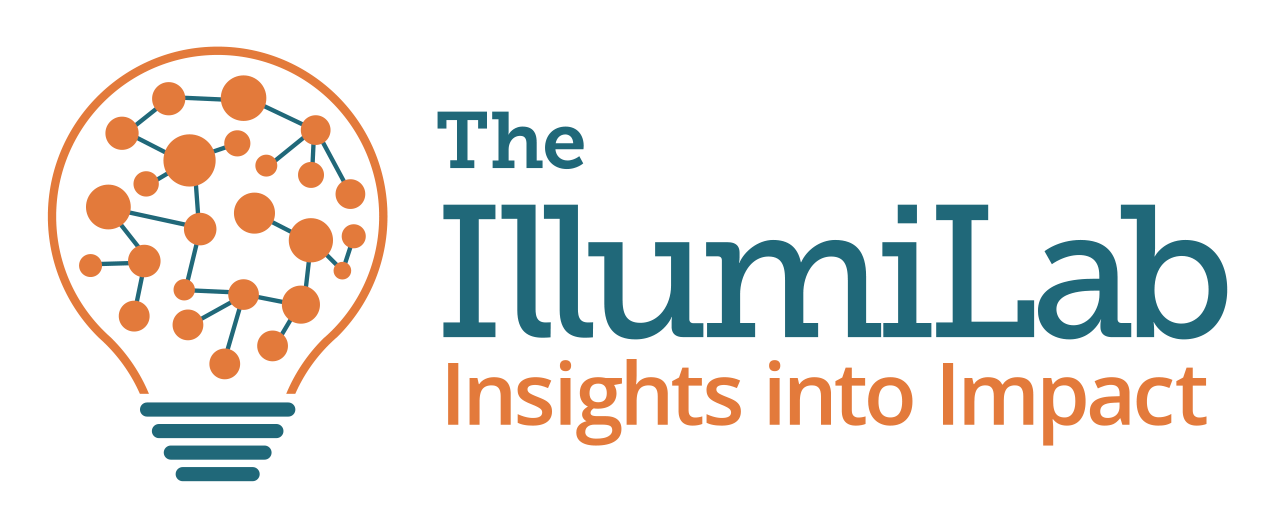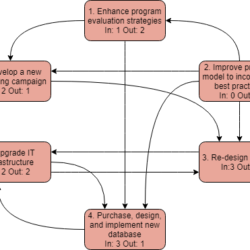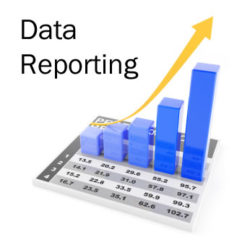Driving Board & Committee Work with Data
Management and quality guru W. Edwards Deming said, “Without data, you’re just another person with an opinion.” Does that sound like one of your committee meetings? Lots of opinions? Do your committees glance at reports you spent hours preparing and then say things like, “And?” or “So?” or “Yeah, but . . .” Do your[…]









